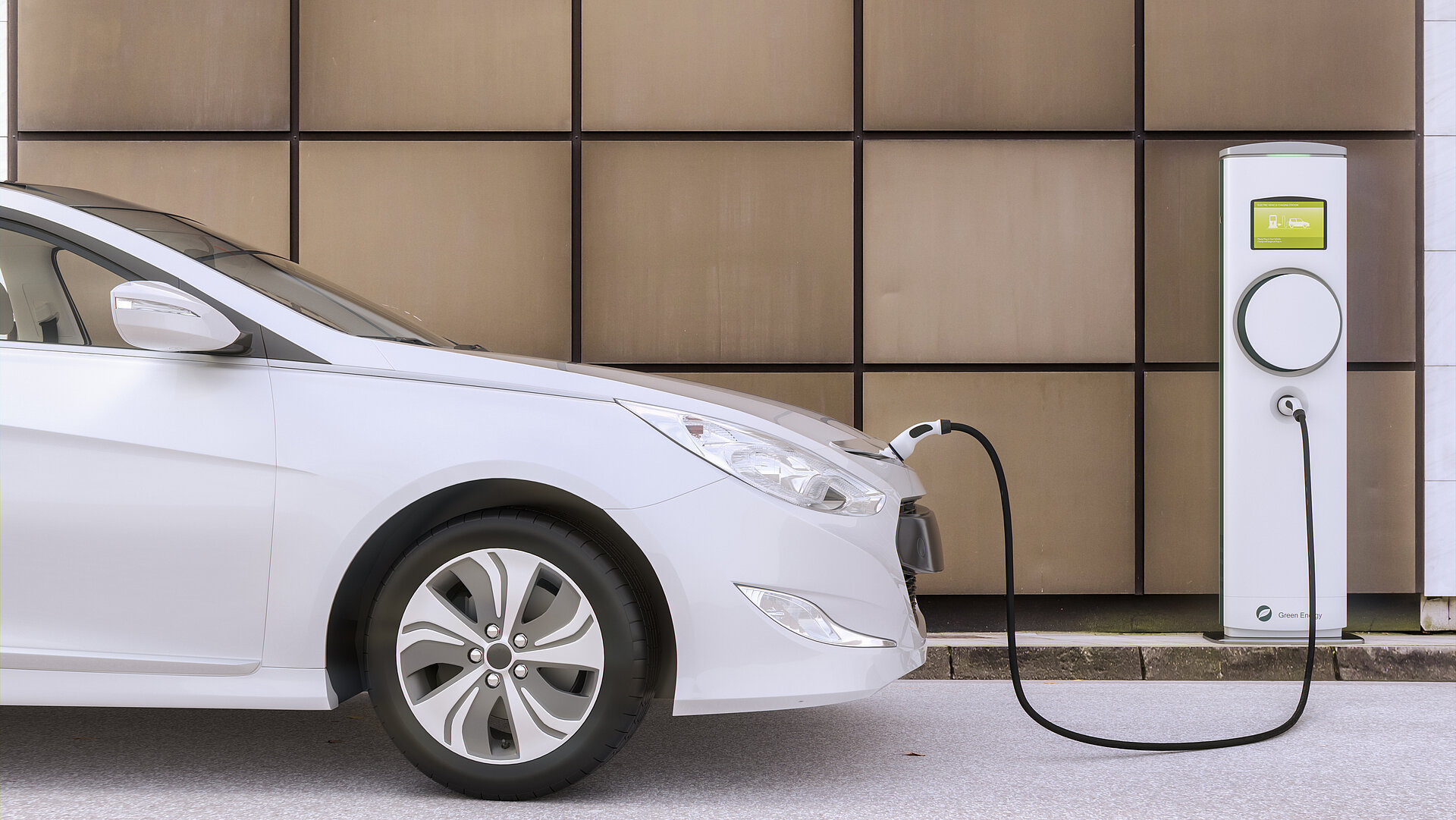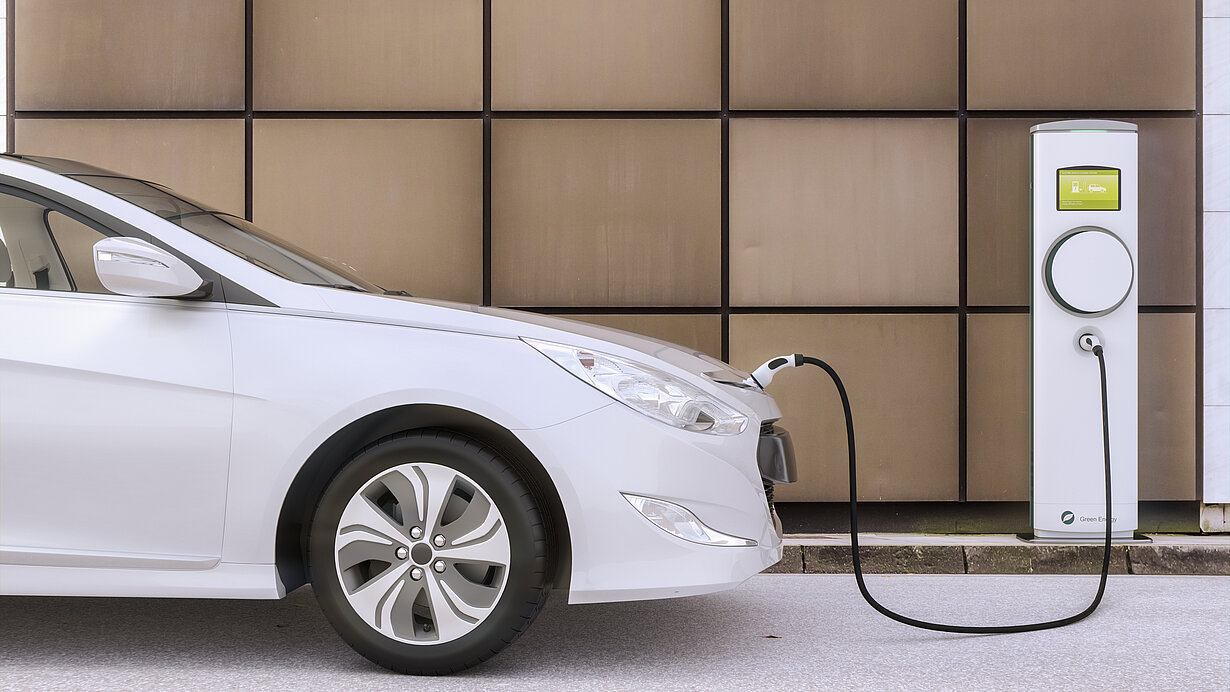Episode 85: How sustainable are hybrid SUVs?

Our guest today, Martin Doppelbauer, is professor at the Electrotechnical Institute (ETI) at the Karlsruhe Institute of Technology (KIT) where he has held a professorship for "hybrid electric vehicles" since 2011. This research period also includes the successful era of so-called "plug-in hybrids" (i.e. combustion engine cars that also use a small battery as a drive). Reason enough to discuss the following questions with our podcast guest: How sustainably are hybrid cars driven in Germany? Are plug-in hybrid drives a German phenomenon? Which drive systems will prevail in the future? And what actually makes the electric motor so attractive?
In addition to the battery, the electric motor is also a core component of every electric car. In our podcast episode, Martin Doppelbauer explains how the electric motor works and in particular how efficient it is. Compared to combustion engines, electric motors are so efficient because there is much less unused heat in the engine compartment. Besides, the world of electric motors is very different from piston driven technology due to different power, torque, speed and gear ratio.
Martin Doppelbauer maintains the following lectures at ETI: (1) Electromagnetic Fields, (2) Practice of Electric Drives, (3) Hybrids and Electric Vehicles and (4) Design of Electric Machines. Synchronous and asynchronous machines are the main fields of research. In synchronous machines, the rotor runs synchronously with the rotating field of the stator. This distinguishes them from asynchronous machines, whose rotor lags behind the rotating field in motor operation and leads it in generator operation. Another distinguishing feature is that, unlike asynchronous machines, an additional exciter field is required for the operation of synchronous machines.

